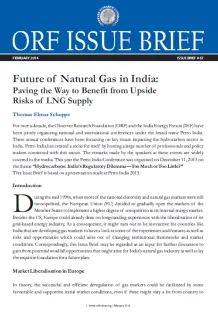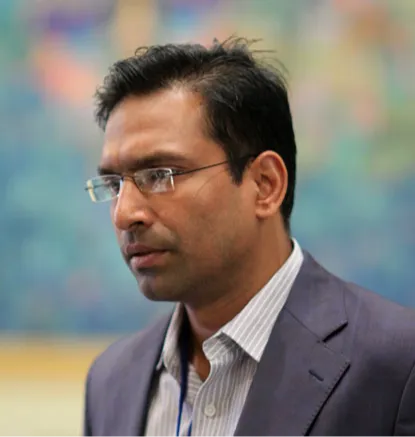The nexus between business, politics and white collar crime is a phenomenon that has been Twitnessed in many countries across the globe. India is no stranger to this actuality as was evident during the recently revealed 2G and Coalgate scams. Political funding, especially corporate donations, is one of the primary causes of cronyism and corruption in the country and requires urgent reform. In light of this, there has been increasing focus on principles of transparency and accountability in corporate funding. With the Central Board of Direct Taxes (CBDT) approving the setting up of an “Electoral Trust” and the new Companies Act, 2013 raising corporate donation limits to 7.5 percent of average net profits, the issue of corporate donations gains even greater relevance. The pernicious nexus between politicians and business houses, more than evident in these times, necessitates a thorough review of this dimension of funding India’s democracy.
Corporate funding in India has a history that goes back to the freedom movement. The corporate class was supportive of India’s struggle for economic and political freedom during the first half of the 20th century. The Birlas were one of the leading donors of the Indian National Congress and the business class as a whole secured some leverage over the shaping of the Congress government’s policy on regulation of the economy after Independence. In the post-independence era, the business community has contributed the majority of donations towards poll spending even as the cost of fighting elections has seen an exponential rise. Party membership fees, contributions of candidates and their friends, quasi-state funding as well as a levy on parliamentary income only manage to raise a minuscule amount of funds required for contesting elections.
In the 1960s, the Congress and the Swatantra Party—the latter started by C. Rajagopalachari as a party advocating free enterprise—were the main beneficiaries of donations from big conglomerates such as the Tatas and the Birlas, who together accounted for 34 percent of total company contributions between 1962 and 1968. In 1969, a complete ban was imposed on corporate funding to break the nexus between politics and business. The ban was revoked in 1985. The postliberalisation period has witnessed a massive increase in corporate funding of elections through both the traditional route of contributing directly to political parties and through other institutional innovations like electoral trusts.
This Issue Brief seeks to outline the history of corporate funding in India, legislations governing corporate funding, institutional innovations in corporate funding like electoral trusts and international experiences and their relevance in the Indian context. Given the increasing clamour for transparent and accountable corporate funding of political parties, the Brief also explores the perils of over-reliance on corporate funding.
The views expressed above belong to the author(s). ORF research and analyses now available on Telegram! Click here to access our curated content — blogs, longforms and interviews.

 PDF Download
PDF Download



 PREV
PREV


